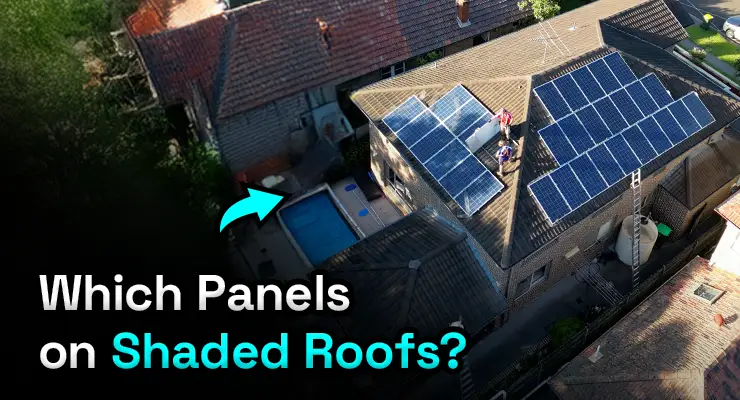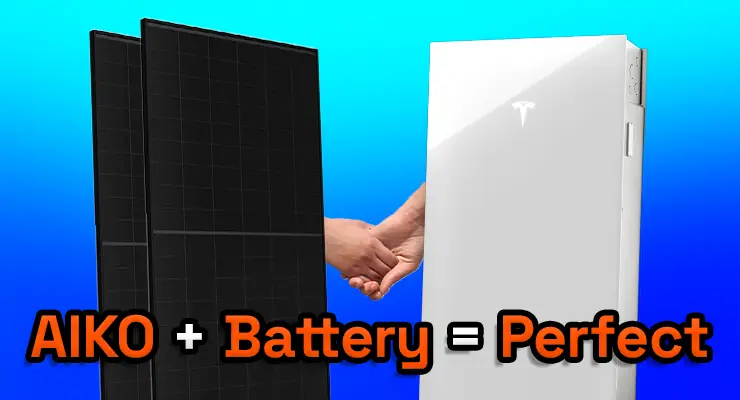Fast read
Since 2010, solar system prices have plummeted, with solar panels down over 80% and inverters following suit, resulting in a 50% decrease in overall solar system costs per kW. Despite these price drops, Small Scale Technology Certificate rebates have also been progressively reduced, aligning with the declining solar costs.
These rebates have significantly spurred the solar industry by making solar more affordable. Removing them now would increase upfront costs by 25-30%, deterring potential buyers. However, the industry would eventually adapt, and solar's return on investment remains attractive.
Solar rebates offer valuable benefits, including cost reduction, market stimulation, support for renewable energy targets, equity and accessibility, and job creation, although their removal could promote market balance and quality over price.
Should solar rebates be removed?
Since 2010, the price of solar systems has dropped drastically. The price of solar panels has been reduced by over 80%, with solar inverters also coming down in price. As a result, solar system prices have declined by over 50% per kW. So are solar rebates from the Australian government still needed?
Are solar rebates still needed?
Over the same period, the rebates on offer under the Small Scale Technology Certificates have been reduced. The reductions have been following an annual plan, which will continue to zero at the end of 2030. The value of the rebate now is only half of what it was in 2015. Therefore, it has been reduced approximately in line with the cost reductions of solar over that time.
The discounts have helped the solar industry grow. They continue to motivate homeowners and businesses to buy solar panels. This is because of the lower prices.
If the solar rebates were to be removed now, solar systems would become around 25 -30% more expensive upfront. As an expense costing several thousand dollars or more on average, it would negatively influence the decision for many to purchase solar.
A crippling industry
If solar rebates were to be removed, the solar industry might experience a slowdown for a year or two, but it wouldn’t be completely stopped. After this adjustment period, the industry would adapt to the new circumstances. Although prices for solar installations might go up, investing in solar energy would still offer significant returns. Typically, the payback time for such investments would range between 5 to 7 years, which is still a good return on investment.
Electricity prices are increasing every year. The financial benefits of switching to solar power will become more appealing. This is especially true after a significant increase of over 20% in July 2023. As a result, the demand for solar energy is likely to keep growing because of the improved payback period and return on investment.
In essence, while the removal of solar rebates might initially slow down the solar industry, the continued rise in electricity costs coupled with the attractive returns from solar investments would likely drive sales and adoption of solar energy systems in the long run.

So what are the benefits of solar rebates?
Here are a few reasons why solar rebates are still valuable:
Cost reduction
Solar rebates help offset the upfront cost of purchasing and installing a solar energy system. Solar installations can still require a significant investment despite the decreasing prices of panels and inverters. Rebates can make solar more affordable and accelerate the payback period for homeowners or businesses.
Market stimulation
Solar rebates are essential for fueling the growth of the solar market. By offering rewards for installing solar panels, these rebates make more people and businesses think about using solar energy.
The increased demand resulting from these financial incentives leads to economies of scale, driving down the prices of solar equipment, including batteries. As a consequence, future adopters of solar energy stand to benefit from more affordable equipment costs, making solar power an even more appealing investment for a broader range of consumers.
More people are interested in solar energy. The costs of solar energy are decreasing. This trend is making solar energy more popular. It is also helping the renewable energy market to remain sustainable.
Renewable energy targets
Many governments and jurisdictions have renewable energy targets or clean energy goals. Solar rebates help governments achieve these targets by promoting the adoption of solar power, a clean and sustainable energy source. These rebates are policy tools to drive the transition to solar energy and reduce carbon emissions.
Equity and accessibility
Solar rebates are important because they make sure that solar power is fair for everyone. Even though the cost of solar equipment is going down, some families who don’t have much money still can’t afford it right away.
With rebates, these families get help paying for solar energy, making it more affordable. This means more people can enjoy the benefits of clean energy, no matter their income. Plus, using solar power helps the environment by reducing pollution. So, rebates are a great way to make sure everyone can join in on the clean energy revolution.
Job creation and economic benefits
The solar industry has been creating lots of jobs lately. Offering solar rebates helps this industry grow even more by encouraging people to invest in solar energy. This means more jobs in installing solar panels, making them, and related fields.
When people install solar panels, they need skilled workers to do it right. This creates jobs for people who design, set up, and maintain these solar power systems. Plus, making solar panels in factories also provides jobs.
These jobs not only help local communities but also boost the economy overall. Using solar energy instead of fossil fuels is good for the environment too.
Summary
The removal of rebates would also have the benefit of allowing the industry to grow on its own without artificial incentives that distort consumer decision processes.
As rebates are applied based on the solar PV system’s standard capacity and do not consider performance, quality or longevity, they benefit cheaper equipment and installers more than quality products and solutions. Removing these distorting rebates will allow for quality products to present a stronger value argument on increasing market share and an improved result for the economy and the environment with more long-term environmentally sustainable solutions.



